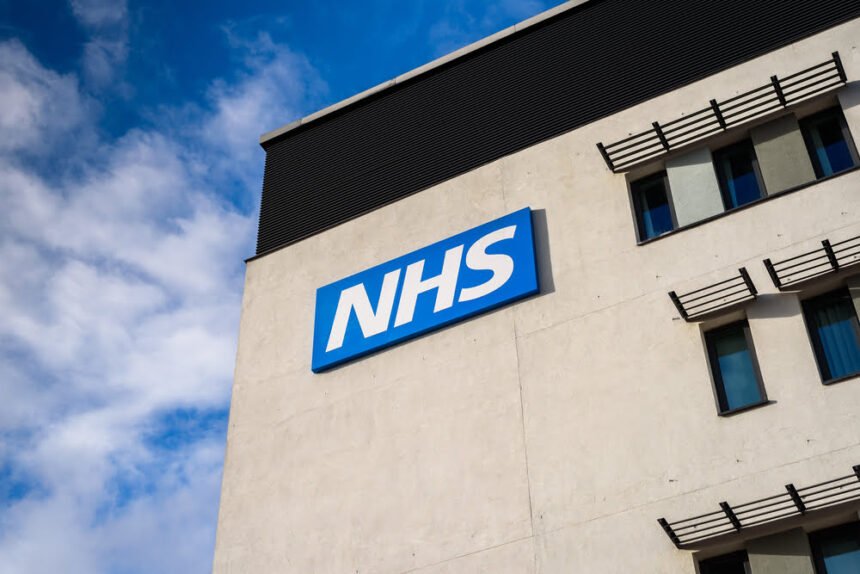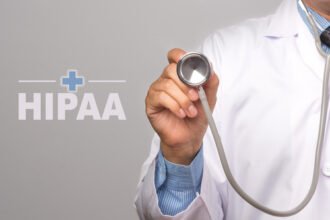In England alone, the cost of clinical negligence rose from £582m in 2006/7 to £2.2bn in 2020/21, creating an enormous financial burden for the NHS that has implications on their future ability to deliver an adequate standard of care. The government in the UK has proposed a new cap to ensure legal costs for lower value medical negligence cases are proportionate and fair, however, as burdens on healthcare systems around the world continue to intensify, so too do expensive litigation proceedings that cost organisations like the NHS millions in periodic payments orders (annual payments for the rest of the person’s life).
Looking specifically at the UK, NHS Resolution have released data relating to claims covering the period 2006/07 and 2020/21, covering many of the different types of medical negligence cases. Below are some of the most common areas of speciality and the financial burden they place on the NHS.
Obstetrics CP/BD
Obstetrics refers to care and treatment given in pregnancy, at childbirth and in the postpartum period. CP/BD refers to when a claim involves an injury that results in Cerebral Palsy or Brain Damage. Obstetrics cases where the child has suffered brain damage or developed cerebral palsy are by far the greatest financial liability for the NHS. In 2015/16 there were £13.7bn in liabilities, rising to £25.8bn in 2020/21.
Paediatrics
Medical negligence cases involving children are the second greatest financial liability for the NHS, with postoperative complications, delayed treatment, and/or diagnosis the most common causes of claims (source). The financial liability of paediatric cases was £2.5bn in 2015/16, rising to £4.4bn in 2020/21.
Obstetrics Non-CP/BD
Pregnancy and childbirth cases not resulting in brain damage or cerebral palsy are the third greatest financial liability for the NHS and may include claims relating to medication errors, administration of wrong treatment, negligence resulting in premature birth and Caesarean section operations going wrong. The financial liability to the NHS for these cases were £1.1bn in 2015/16 rising to £2.3bn in 2020/21.
Emergency Medicine
Claims resulting from negligent treatment in A&E departments or emergency care scenarios are the fifth greatest financial liability for the NHS, with £1.6bn in liabilities recorded in 2015/16. Interestingly, this dropped to £1.3bn in 2020/21, likely in association to the outbreak of Covid-19 and therefore less admissions to A&E services.
Orthopaedic Surgery
Negligence cases related to treatment for acute injuries, congenital and acquired disorders are the sixth greatest financial liability for the NHS. NHS Resolution recorded liabilities of just under £536m in 2015/16, rising to £632m in 2020/21.
Neurosurgery
Compensation cases related to the diagnosis and treatment of patients with injuries or diseases related to the brain, spinal cord and spinal column, and peripheral nerves within all parts of the body, are the seventh greatest financial liability for the NHS. Liabilities were £481m in 2015/16 rising to £572m in 2020/21.
Neurology
Negligent treatment involving disorders of the nervous system is the eighth greatest financial liability for the NHS. Treatment that has worsened diseases relating to the brain and spinal cord, peripheral nerves and muscles, accounted for £269m in liabilities in 2015/16, rising to £348m in 2020/21.
Radiology
Medical negligence involving radiology departments (the science dealing with x-rays and other high-energy radiation for the treatment of disease) is the ninth greatest financial liability for the NHS. Cases involving negligent radiology treatment cost the NHS £224m in 2015/16 rising to £333m in 2020/21.
Gynaecology
Negligent treatment relating to functions and diseases specific to women and girls (especially those affecting the reproductive system) is the tenth greatest liability for the NHS. Liabilities were £186m in 2015/16, rising to £325m in 2020/21.
Other Types of Medical Negligence Liabilities
There are many other types of clinical negligence cases that cause significant financial liabilities for the NHS (as well as other healthcare systems around the world). This includes cases relating to general surgery, ophthalmology, psychiatry & mental health, cardiology, gastroenterology, and urology. The financial liabilities related to these specialities are dwarfed though by the volume of cases relating to obstetrics.
In total, financial liabilities across all specialities for the NHS were £22.9bn in 2015/16, rising to £39.6bn in 2020/21. With this sort of financial burden on the NHS (as well as other healthcare systems around the world) it is unsurprising that the UK government has invested millions into pilot interventions aimed at reducing brain injuries during birth, which account for around half the costs of clinical negligence.






